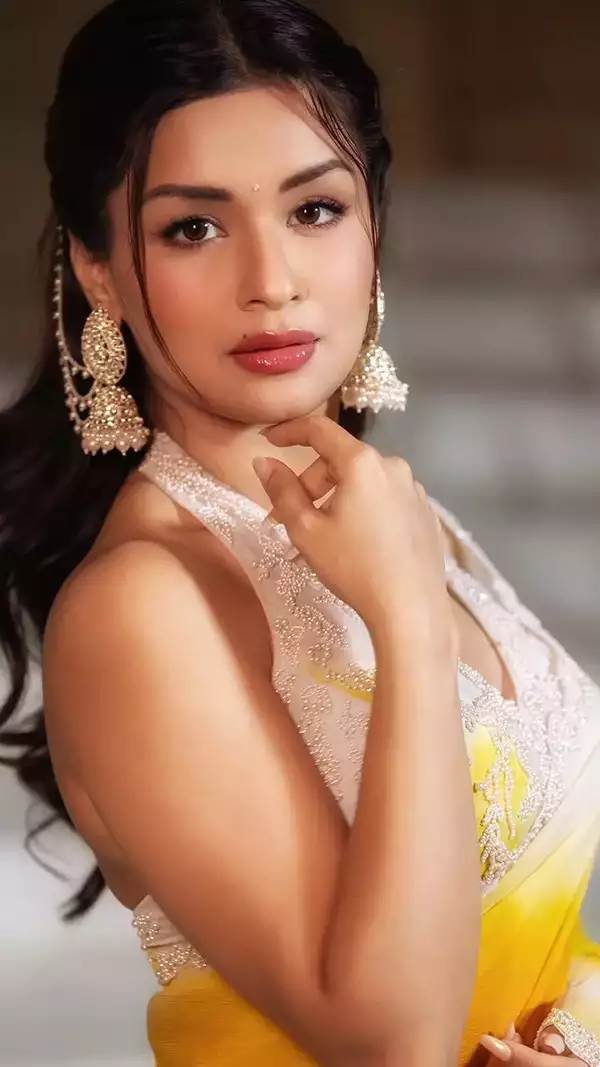- News
- lifestyle
- relationships
- love-sex
- Thinking of ‘snowmanning’ this winter? Here’s what the doctors are warning us about the viral dating trend
Trending
Thinking of ‘snowmanning’ this winter? Here’s what the doctors are warning us about the viral dating trend
Doctors are warning about "snowmanning," a holiday dating trend where interest fades quickly after the initial spark. With casual hookups increasing during the festive season, experts stress the importance of contraception and open communication to prevent STIs. While overall STI rates are declining, using protection remains crucial for safe and healthy holiday romances.
Winter is here! As it brings forth the scent of festivities and holiday chimes along with the chilly air, the season of everything merry and jolly often ushers new beginning for many. As the old school romantics would hope, many stumbles upon new people, see sparks fly and the holiday season becomes more merrier for them!
With new romance, comes a passionate flame of chemistry and when that passion strikes – one can hardly no to exploration!
However, it’s always better to be safe while you’re at it.
What is ‘snowmanning’?
The holiday season comes with its own perks and cons! On one hand, there’s this joy of getting together with family and friends. On the other hand, the pressure of having someone special to introduce to your folks. Some rise above that peer pressure. Some simple seek ‘casual’ relationships to have their mind occupied and distracted during the holiday season. No matter what, casual hookups hands down are one of the most fun experiences we indulge in. According to Everywell, 60% of the 850 people they surveyed said that they will have casual sex when they return home for the holidays. However, in a new trend, some singles are taking the word ‘casual’ to another level by doing something called ‘Snowmanning’ which doctors are warning could be risky.

Snowmanning gets its friendly-sounding name from the idea of your interest in someone 'melting away' in the space of a day, though a recent survey says that 20 percent of Brits have been on the receiving end of it.
Rachel Lloyd, a relationship expert at eHarmony explained, “Christmas is a time for celebration and presents a great opportunity to socialise and find someone special. However, once the drinks stop flowing and decorations come down, sometimes that initial burst of chemistry wears off.”
While there’s absolutely nothing wrong with having these relationships, doctors are urging singles to use contraception and engage in open communication with sexual partners after an increase in sexually transmitted infections.
Speaking to the Daily Mail, Dr Crystal Wyllie, GP at Asda Online Doctor said: “December is a time of celebration and connection, but it’s important to stay informed about sexual health. Planning ahead with contraception, or accessing support after unplanned sexual activity, is key to enjoying the festive season while staying safe.”
Additionally, the NHS states that the best way to reduce your risk of STIs is to use a condom when having vaginal, anal or oral sex.

Fortunately, STI rates seem to be declining on the whole in the US. According to a recent report by the Centers for Disease Control and Prevention, STIs were down nearly 2% from 2022 to 2023. Gonorrhea cases in particular are on the way down, dropping 7.7% in a year. Primary and secondary syphilis decreased 10.7% in 2023.
What are STIs?
STI stands for sexually transmitted infection, which is a virus, bacteria, fungus, or parasite that can be passed on through sexual contact. STIs can also be transmitted through infected blood or blood products, or from an infected mother to her child during pregnancy, childbirth, or breastfeeding.
STIs are very common, and the majority of them have no symptoms. When symptoms do occur, they can include: vaginal or urethral discharge, genital ulcer, and lower abdominal pain.
If left untreated, STIs can lead to serious health consequences, such as: Neurological and cardiovascular disease, Infertility, Ectopic pregnancy, Stillbirths, and Increased risk of HIV.
The term "sexually transmitted disease" (STD) is sometimes used interchangeably with STI, but the CDC and other public health organizations prefer to use STI more often. STD is still used when referring to data or information from sources that use the term.
Stay updated with the latest news on Times of India. Spread love this holiday season with these Christmas wishes, messages, and quotes.
End of Article
FOLLOW US ON SOCIAL MEDIA
Visual Stories
Tired of too many ads?go ad free now










